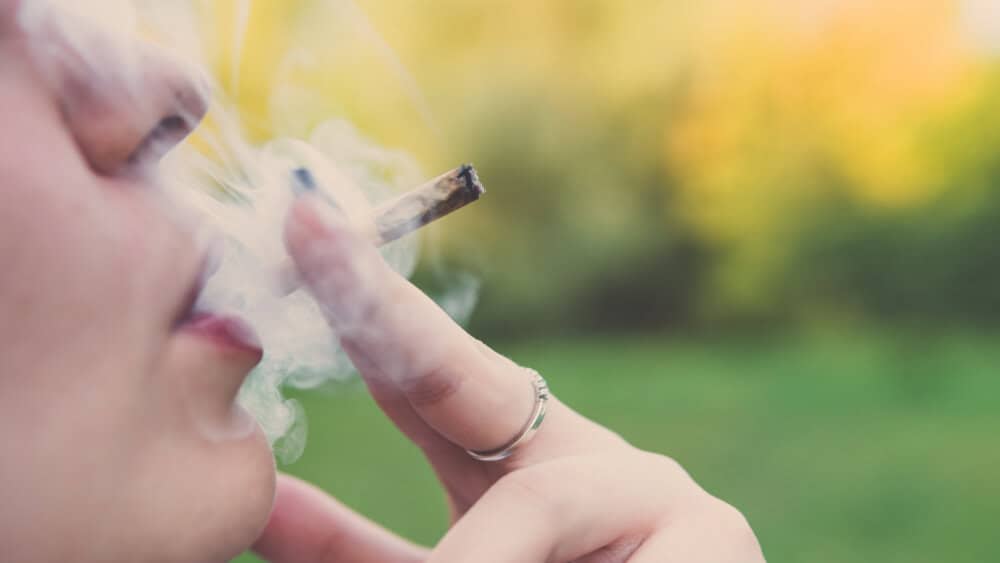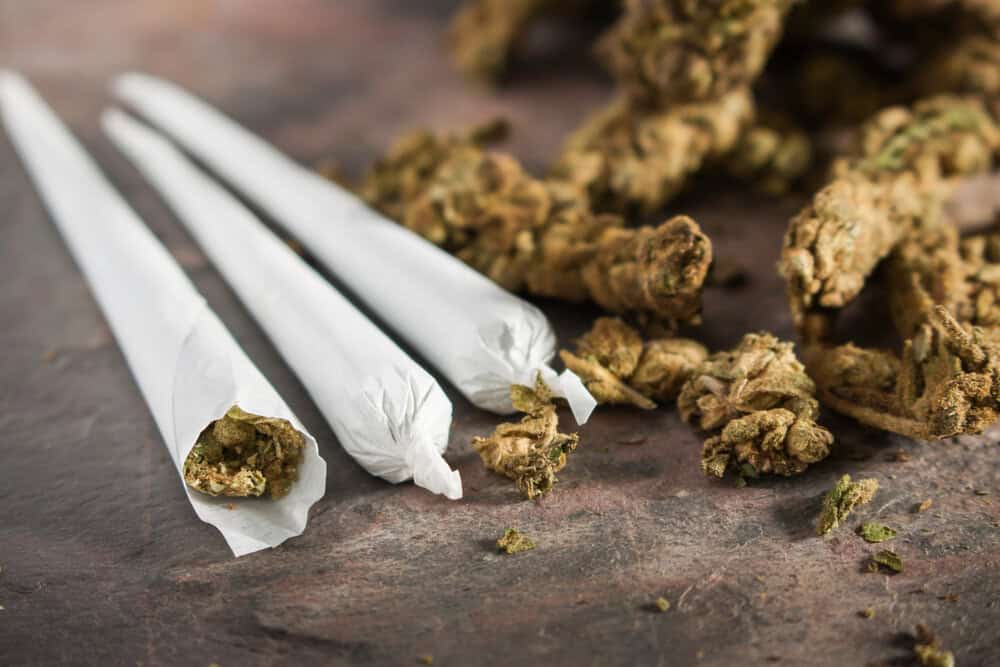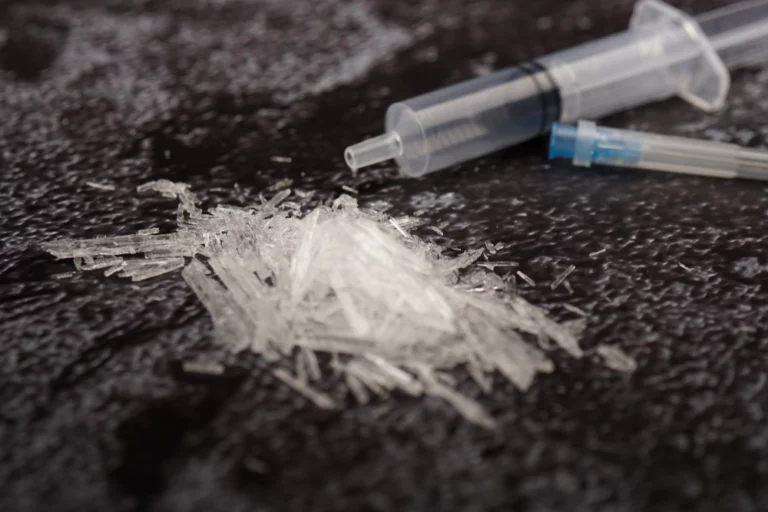California Sober is a term that is coming up more and more in recovery circles. So, what does it mean to be California sober? With this lifestyle, a person chooses to abstain from alcohol and hard drugs but doesn’t completely give up all substances. This practice has become very popular with stars like Willie Nelson.
In this article, we’ll explore more about the California Sober lifestyle, why it’s so popular, and whether or not it’s for you.
Where Did the Term Come From?
California Sober first originated in the media in a 2019 Vice article written by Michelle Lhooq, who shared her experience of what it was like going “California Sober.”
The term became popular on social media in 2021 after actress and singer Demi Lovato released a song about it. Lovato herself has had a significant history of substance abuse, including a near-fatal overdose of heroin and fentanyl in 2018. Lovato initially embraced the California Sober lifestyle but later completely reversed her stance on it.
Take Our Addiction Quiz for Recovery Insights
What Does It Mean To Be California Sober?
California Sober refers to a lifestyle where you abstain from alcohol and hard drugs, and replace these substances with marijuana, or psychedelics, which are seen as less harmful. Proponents perceive the use of marijuana, caffeine, and some psychedelics (ketamine) to be healthier. And, they still regard themselves as being sober. According to California Sober proponents, complete abstinence isn’t the only way to be sober.
How Does “California Sobriety” Compare to Abstinence?
California Sober is similar to harm reduction strategies, which have been around for a very long time. These might view cannabis as a less-risky alternative to alcohol, prescription drugs, or other illicit drugs. A person who is California Sober is not abstinent.
With an abstinence approach, on the other hand, a person completely stops using all drugs and alcohol. This is sometimes called “Sober Sober.”
Research on the Effectiveness of Being California Sober
To date, there’s been no peer-reviewed research studies on the benefits of a California Sober lifestyle. However, research has shown that using marijuana on a regular basis isn’t as harmless as proponents of the California Sober lifestyle believe.
A large study found that the more often a person uses marijuana, the higher their risk of heart attack and stroke. People who used cannabis daily had a 42 percent higher risk of stroke compared to non-users. This is just one of many studies showing a connection between heart health and cannabis use. This research is important considering that cannabis is being framed as a healthier alternative to other drugs. It shows that a California Sober lifestyle might not be healthy in the long term.

What Do Addiction Experts Say About Being California Sober?
Most addiction experts have concerns about a California Sober lifestyle. But, there is some debate among those in the field.
Some Experts Warn Against Going California Sober
The Cleveland Clinic warns people to be cautious with this approach — especially if they have had an unhealthy relationship with substances as it’s essentially replacing one addictive substance with another.
There are members of Alcoholics Anonymous, a strong proponent of total abstinence-based recovery, who dismiss the California Sober movement saying that it’s “not really recovery” and claim it’s dangerous.
Addiction medicine specialist Dr. Drew Pinsky tells Fox News that if you have the disease of addiction and take anything that activates the reward mechanisms in the brain, it will reignite the addiction.
NYU Grossman School of Medicine addiction psychiatrist Dr Ayana Jordan says that there are more effective methods to stop using alcohol than substituting it for weed. Dr. Joran recommends evidence-based approaches like cognitive behavioral therapy (CBT) or addiction medications that are FDA-approved like naltrexone.

Is Being California Sober Safe for Someone Who Suffers From Addiction?
California Sober may not be a safe choice for someone who has a history of addiction. Actress Demi Lovato gave up the California Sober lifestyle saying that being truly sober is the only way to be. For people like Lovato, who have a history of addiction, complete abstinence is the approach that works the best. Using in moderation just may not work for those who have had a significant history of addictions.
Connor Hunter-Kysor, 29, who has a history of drug addiction, tells The New York Times that he has concluded that full abstinence is what works best for him. Consuming drugs in moderation has always failed.
Treatment Options for Addiction
If you are considering the idea of doing a California Sober lifestyle, it’s worth asking yourself some questions about how you use drugs or alcohol — even if you use only cannabis or psychedelics.
- When you start using, is it hard to stop?
- Has your substance use ever led to negative medical, mental health, or social consequences?
- Have you ever had legal problems because of use?
- Do you experience cravings for the drug when you are not using?
- Have you ever overdosed on drugs or needed medical attention because of use?
- Have family or friends voiced concerns about your use?
“If you answered “yes” to any of the above questions, that’s a sign that you might benefit from addiction treatment.
Partial Hospitalization Program (PHP)
A partial hospitalization program is a good alternative to an inpatient program for participants who have family responsibilities and need to return home at the end of the day. It provides a high level of care while promoting independence. Participants attend treatment for a minimum of 30 hours a week. They participate in group therapy, individual therapy, holistic treatments and more.
Intensive Outpatient Program (IOP)
An intensive outpatient program is a structured outpatient treatment program that includes counseling and other addiction services. It takes place on a part-time basis, and participants usually attend for several hours a week. An IOP program is less intensive than a PHP program and is great for participants who have work and family obligations that they must meet. It allows them to receive addiction treatment and focus on sobriety while also taking care of other responsibilities.
Medical Detox
Medical detoxification is the first phase of addiction recovery. During the process, toxic and addictive substances are expelled from the body with the help of a physician during detoxification. When someone is at risk of drug or alcohol withdrawal symptoms, detoxification is clinically necessary.
Holistic Treatments
Some treatment programs take a more holistic approach. They incorporate therapies like mindfulness meditation and adventure therapy with traditional evidence-based approaches like psychotherapy.
Aftercare
Aftercare consists of ongoing support that a person receives after completing addiction treatment. Aftercare might include support groups, recovery meetings, family therapy sessions, and relapse prevention. Participating in aftercare will help you maintain a sober lifestyle.
*Disclaimer: Content found in this blog does not necessarily reflect the teachings, practices, or policies of Health Care Alliance of North America or its treatment centers.
Connect With Us Now
Reach out to us now for immediate support, or let us know the best time to contact you through our confidential callback service. Your journey to healing is just a conversation away.








